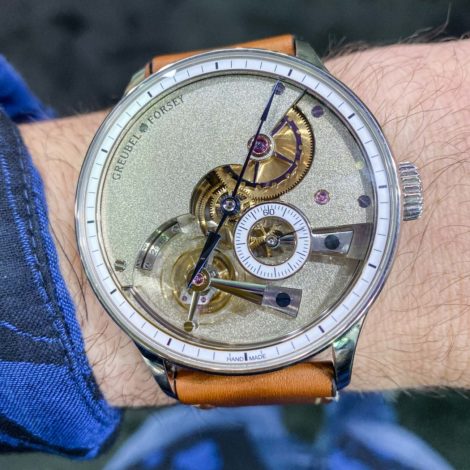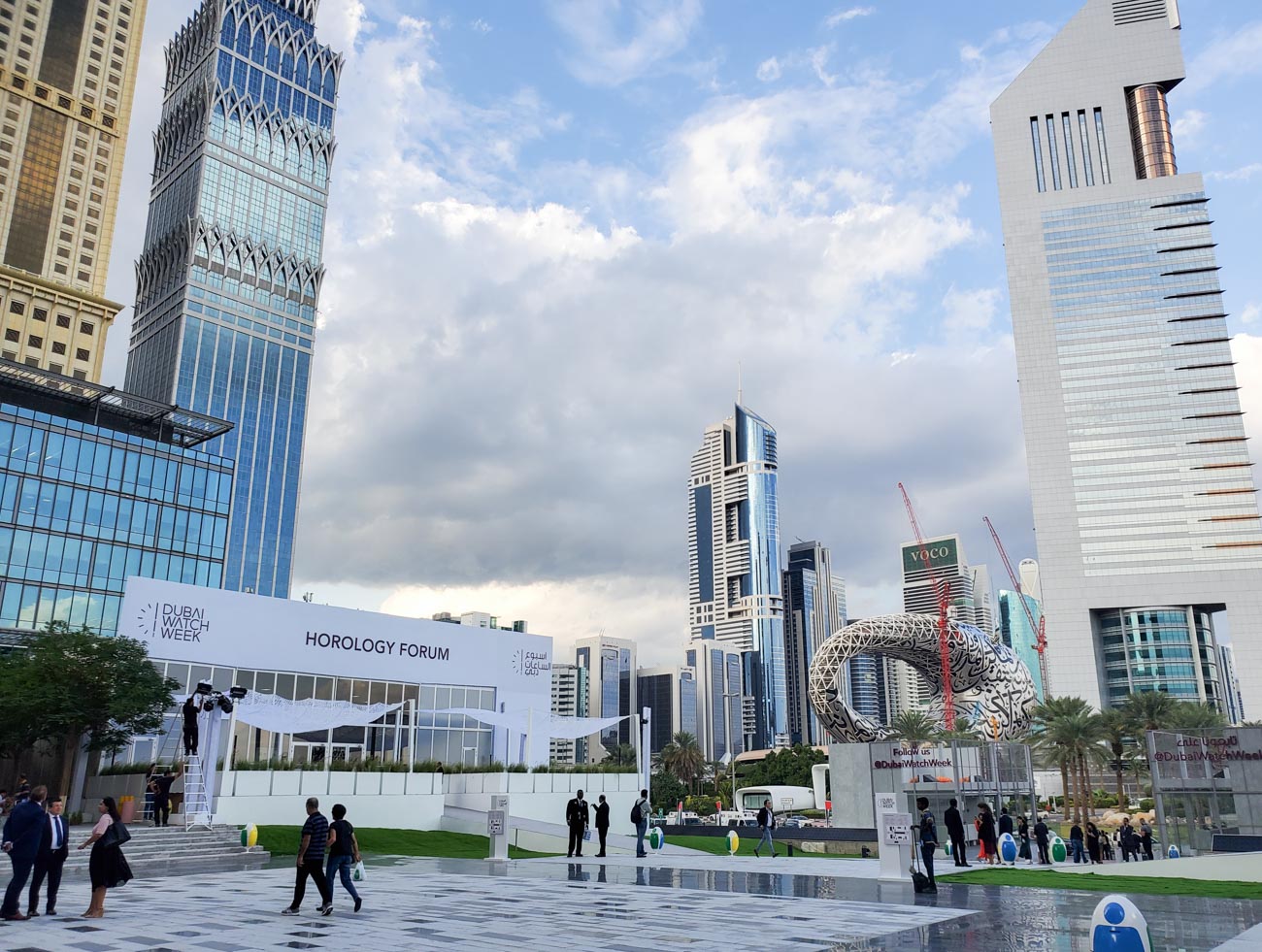
“Don’t hold back, don’t retreat from controversy” was one directive from the organizers of Dubai Watch Week as part of my invitation to moderate a panel at this year’s event, held last week. After a week of intensive sessions, seminars, and socializing, Dubai Watch Week 2019 comes to a meaningful close and ends with a promise; the next event will take place in 2021, and the Horology Forum component of Dubai Watch Week will become a traveling platform.
2019 saw the fourth edition of Dubai Watch Week, which has evolved somewhat from its start as a means of drawing attention to the importance of the Middle Eastern luxury watch market through the lens of Seddiqi, a major name in luxury retail in the UAE whose relationship with the Swiss watch industry goes back generations. Today, Dubai Watch Week serves a more specific purpose as a summit for top industry professionals, voices, creative forces, and managers. The goal? Conversation and consensus.


The irony on most people’s minds is, “Why does the European watch industry need an invitation from a family-run company in the United Arab Emirates to have an open conversation about its business practices, current market challenges, and predictions about the future?” Indeed, one might think that a luxury watch event in Dubai would be a diamond-studded affair in classic black tie-style which attempts to saturate an already luxury-saturated city with a week of brand ostentation and pomp. This is not at all the case.
Indeed, highly luxurious timepieces are the norm at the event, but the gathering is not a celebration of ego — its a conference for change. In my experience, whatever high-level conversations managers in Europe have about how to approach many of the challenges facing the watch industry happen behind closed doors and not with “outsiders.” Whatever decisions are made during these meetings appear to be too small, and happen too slowly. To be more specific, major issues that persist in the watch industry today are related to things like watch brands not reaching enough consumers with their marketing message, high product dilution thanks to too many watches being available on the market, unclear and sometimes redundant strategies for dealing with online sales, and the tug of war between brands wanting to maximize profit and working with third-party companies to help them sell watches to end-consumers.
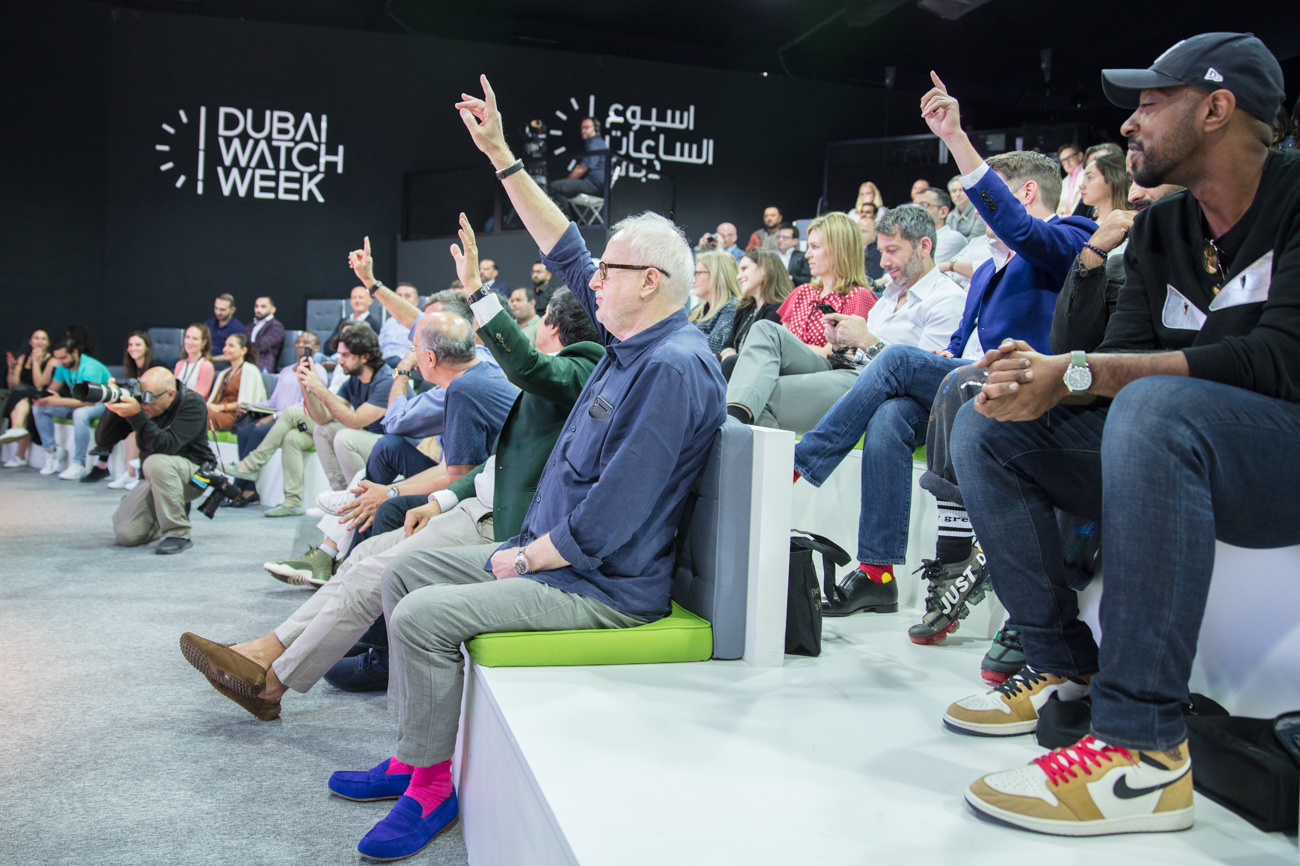
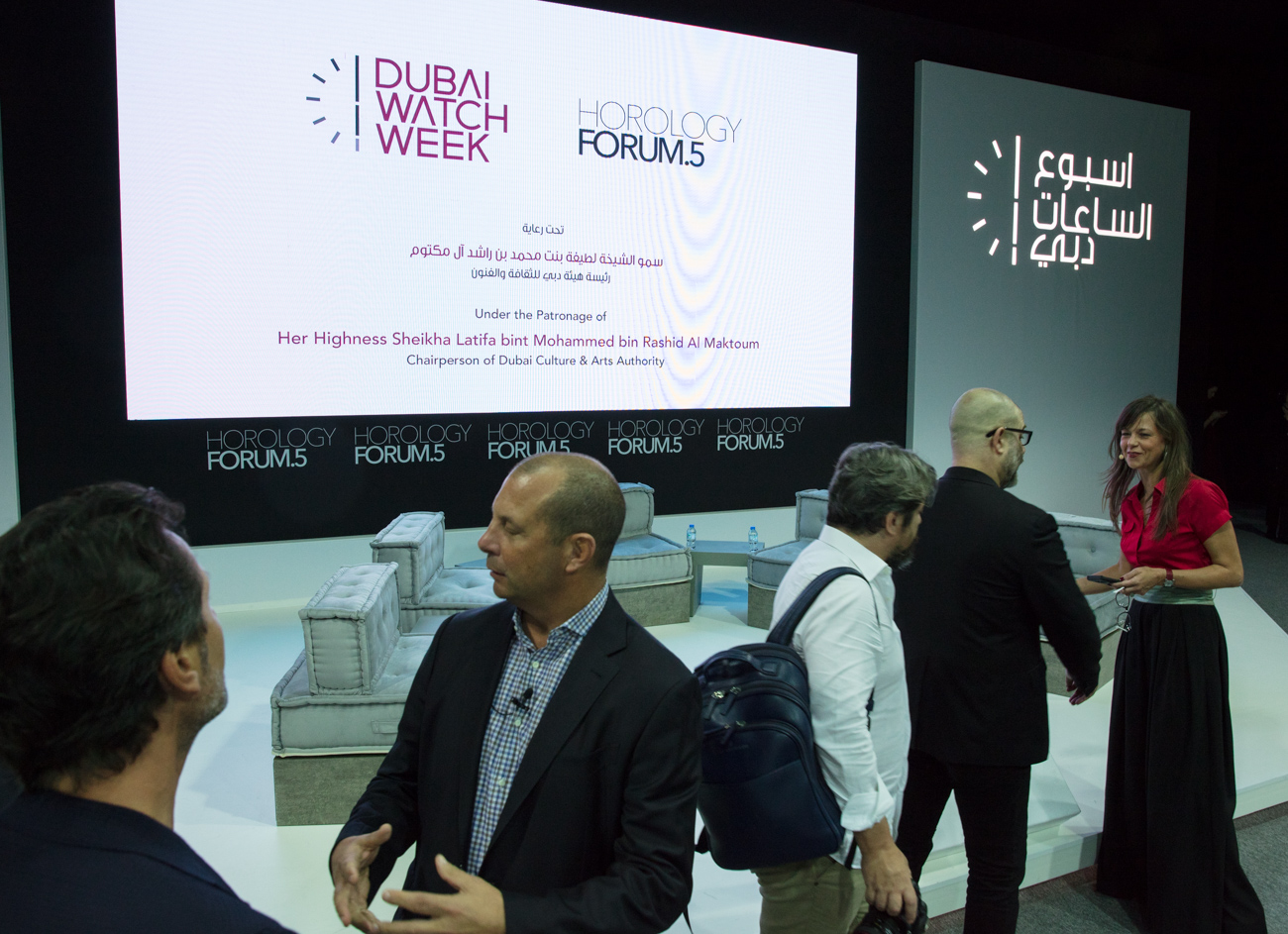
It isn’t fair to compare Dubai Watch Week with Baselworld or SIHH (now Watches & Wonders), as the shows are inherently very different types of beasts. What I can say is that important industry conversations happen only sparingly at the watch industry’s more traditional gatherings. Events like Dubai Watch Week celebrate the diverse assortment of people from all around the world who make up the watch industry — and that’s never felt entirely true when you are at a watch event in Switzerland. The greatest compliment I can give the Dubai Watch Week organizers is that they have created an incredibly welcoming event for watch industry professionals to engage in some uncomfortable (though ultimately highly constructive) dialogues.
Why all the activism in the watch industry? One might suppose that when an industry faces challenges, various stakeholders would coordinate to implement mutually beneficial solutions that protect an industry as an eco-system, as opposed to a number of individual players. The watch industry suffers a bit too much from a “winner take all” mentality, which contradicts to the reality that the watch industry is really a large conglomeration of highly diverse individuals and mindsets. That result is an industry in which few parties agree, let alone openly talk about the issues facing the industry as a whole. Communication is so opaque that, often, companies that work directly with each other have no idea of the challenges or business success of their clients or service providers.
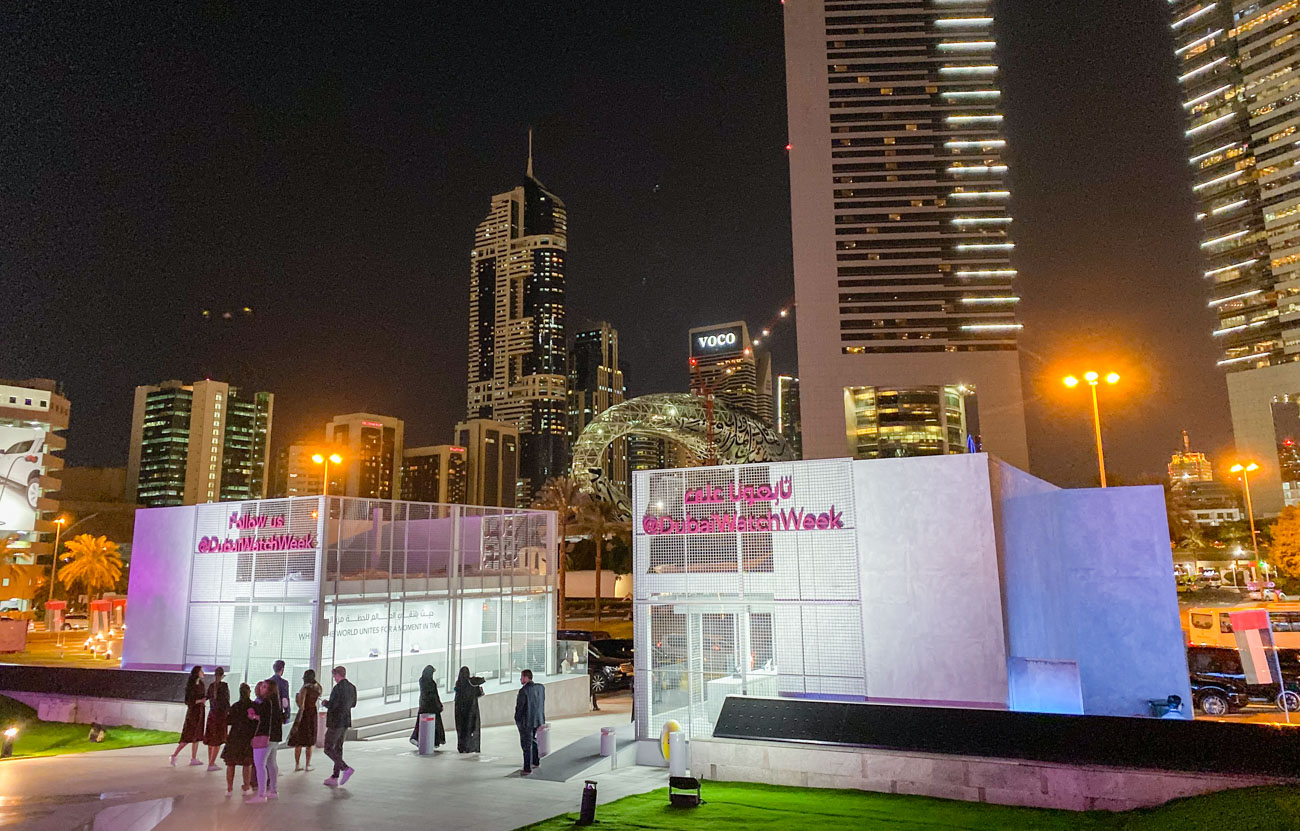
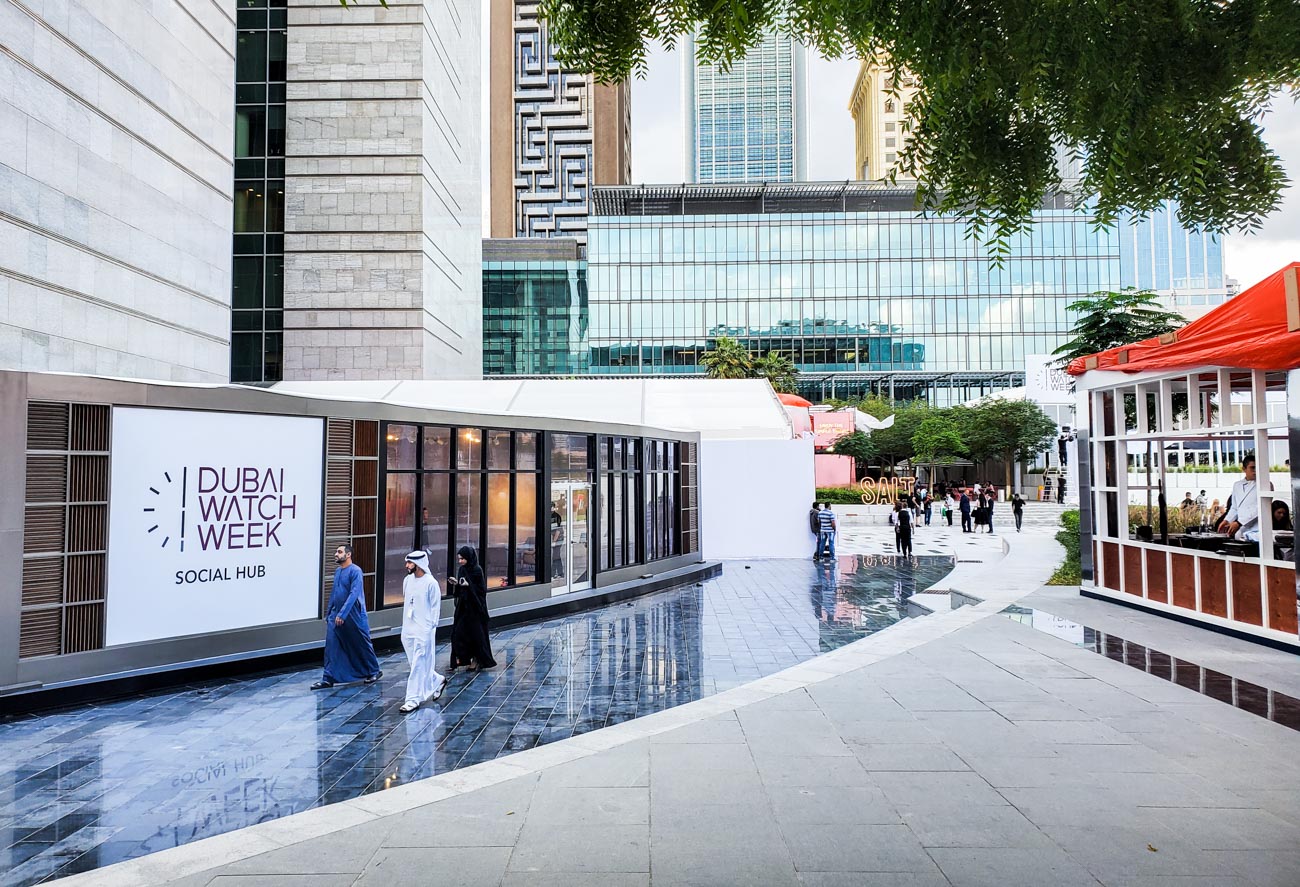
The lack of open dialogue in the watch industry directly prevents a sharing of perspectives and realities. When this doesn’t happen, then mutually satisfactory solutions can never be discovered. That is diplomacy 101 — and (once again) ironically, or not, the Swiss repeatedly shy away from it.
Powerful in its own right, the Seddiqi group of stores and watch industry interests has cooperative, long-term goals when it invests heavily in initiatives such as Dubai Watch Week. To a large degree, its business and growth are dependent on a healthy, or at least static, luxury watch industry. There is a huge incentive to invite top watch industry people for a week of sharing and fun. The results speak for themselves. Not that Dubai Watch Week is the only forum in which to talk about major watch industry issues, but its legitimization of having tough conversations about watch industry practices has forced these topics to become questions people must provide answers to.

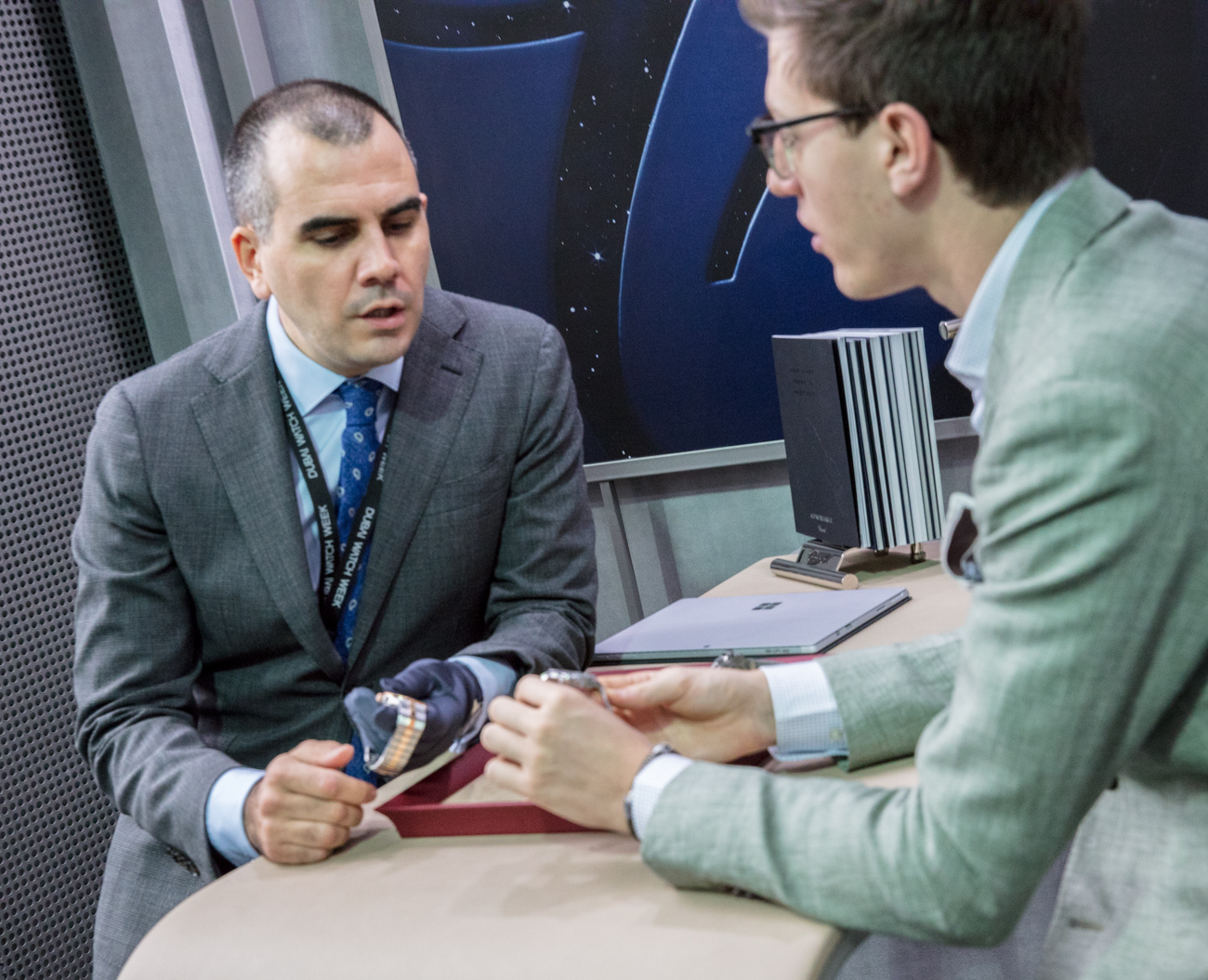
What the above also demonstrates is how deeply the Seddiqi group follows global watch industry news and conversations. In fact, the world needs more strong retailer groups such as Seddiqi in other parts of the world, both to help distribute timepieces to their markets, but also to effectively educate the consumer public while also giving meaningful advice to the industry back in Switzerland and Europe.
Dubai Watch Week 2019 saw the introduction of seven new limited-edition watches exclusively sold in the Middle East through Seddiqi holdings, but not all the brands that participated at Dubai Watch Week are those the retailer formally carries. That type of openness is just one example of Dubai Watch Week as an inclusive event. Members of the public get to enjoy some limited seminars, as well as the large “exhibition hall” where a number of brands have booths showing off their latest products.
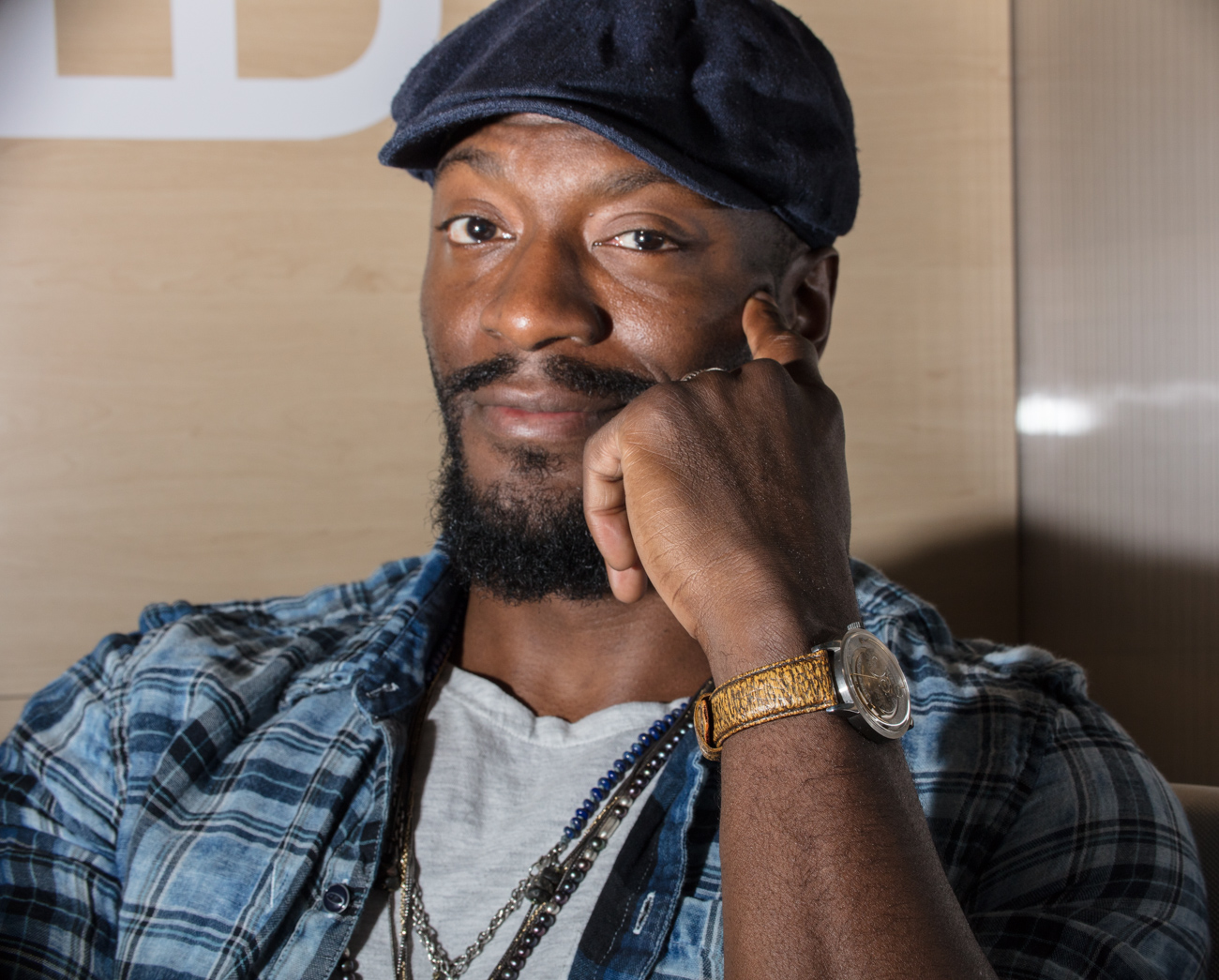
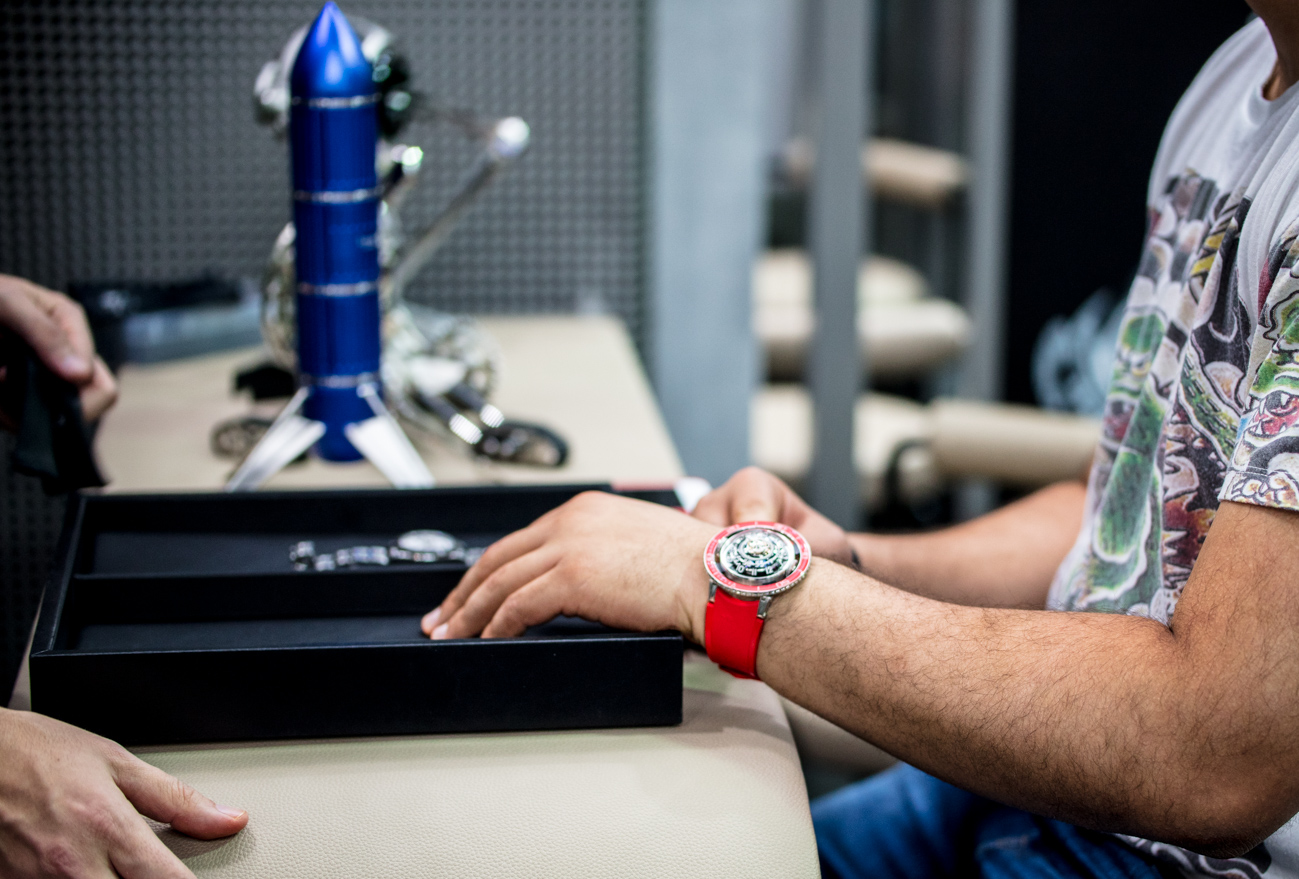
What I found interesting and telling in the exhibition hall is what brands received the most attention from invited guests and the general Dubai watch enthusiast public who also attended. The brands getting the most attention were the independents and those covered most recently in watch enthusiast media. This was in contrast to relatively low visitor interest in brands such as IWC, Tudor, and other more “mass market” luxury brands which, over the last couple of years, have pulled away from watch enthusiast media — instead putting their investments into celebrity and social media advertising. At least in Dubai, such efforts seem not to be working as the bread & butter wristwatch collector client seems to have waning interest in such brands without effective marketing outreach.
Times are getting better and better for a lot of the more established niche luxury watchmakers such as De Bethune, H. Moser & Cie, HYT, MB&F, Greubel Forsey, and the many others who showed up in force at Dubai Watch Week. They report increasing sales (again, most only produce a few hundred watches per year) from direct consumer interest in their products. Dubai Watch Week also hosted special areas or events for important larger brands, including Grand Seiko, Ulysse Nardin, and Vacheron Constantin, as well as totally exclusive product education zones for Chopard and Rolex.

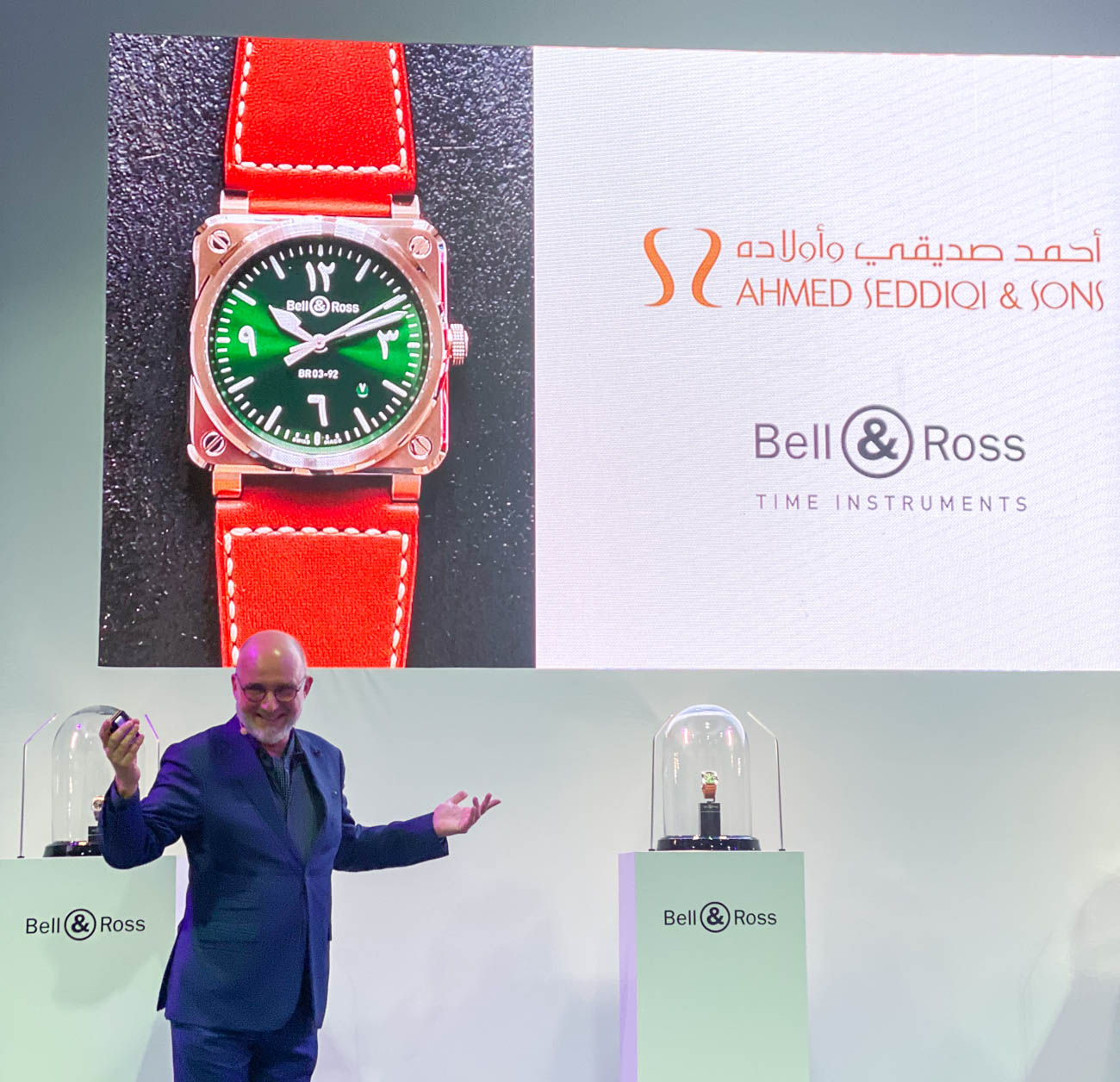
Dubai Watch Week provides a comfortable and effective platform for attendees to learn and ask questions while discovering new things. In that regard, as a consumer platform, it deserves even more growth given how effective it appears to be. As a platform for educating the industry — that is where the real work starts now.
While the “Horology Forums” were part of Dubai Watch Week from the start, their evolution has been remarkable, since they specifically aim to bring up and discuss the tough questions of today. What are these questions? I believe anyone can reference full videos of the Dubai Watch Week seminars via its website — but I will sum up what the biggest conversations points were. First and foremost, everyone wanted to talk about what watch brands are doing to actually effectively invest in marketing. Brands complain that they cannot invest in marketing until they have new strategies in place, but industry veterans complain that all they are doing is abandoning their bases and pumping money into new areas that might be fashionable but that don’t reach known consumers.
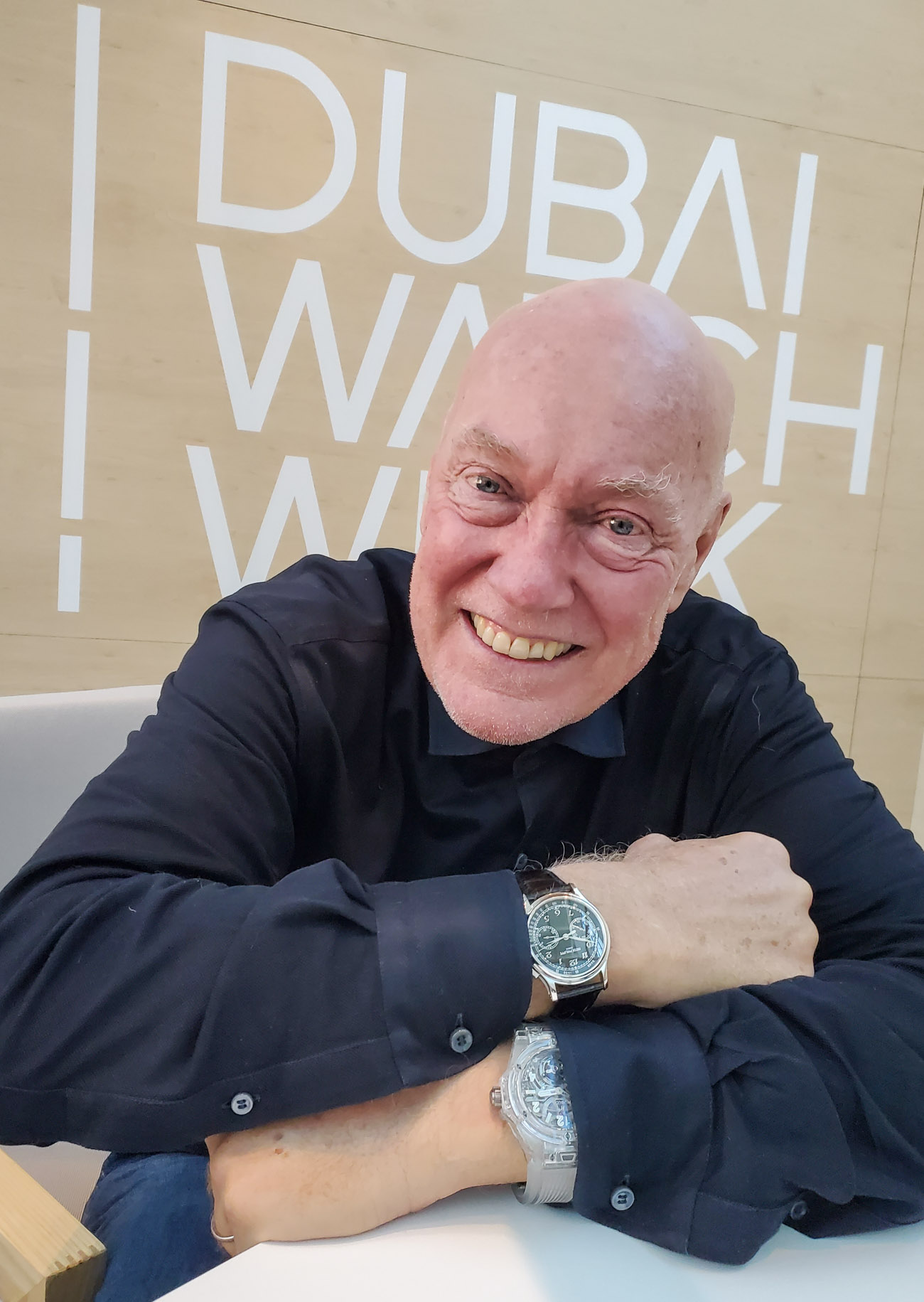
Most of the conversations, however, really focused on the core consumer experience of watch-lovers, today — which is fraught with a number of complexities beyond the mere fact that watch enthusiasts have lacking marketing relationships with brands. On many people’s minds are many of the manipulative practices out there designed to pump up marked prices for new and used watches, as well as the fact that consumers are asked to wade through a minefield of information on the Internet when asked to choose where to buy a watch.
Many guests of Dubai Watch Week lamented the fact that the watch industry has restricted so much consumer education investment spending that watch buyers today are buying watches for all the wrong reasons — which results in a narrow spectrum of watches that are sold and consumers who can’t make decisions for themselves when it comes to determining what watch will make them happy. Consumers who know and appreciate timepieces aren’t being educated or created fast enough, and consumers who are really seeking alternatives to financial investments are diluting interest for artisanship and craft in favor of popular demand and perceived benefits as social status symbols.
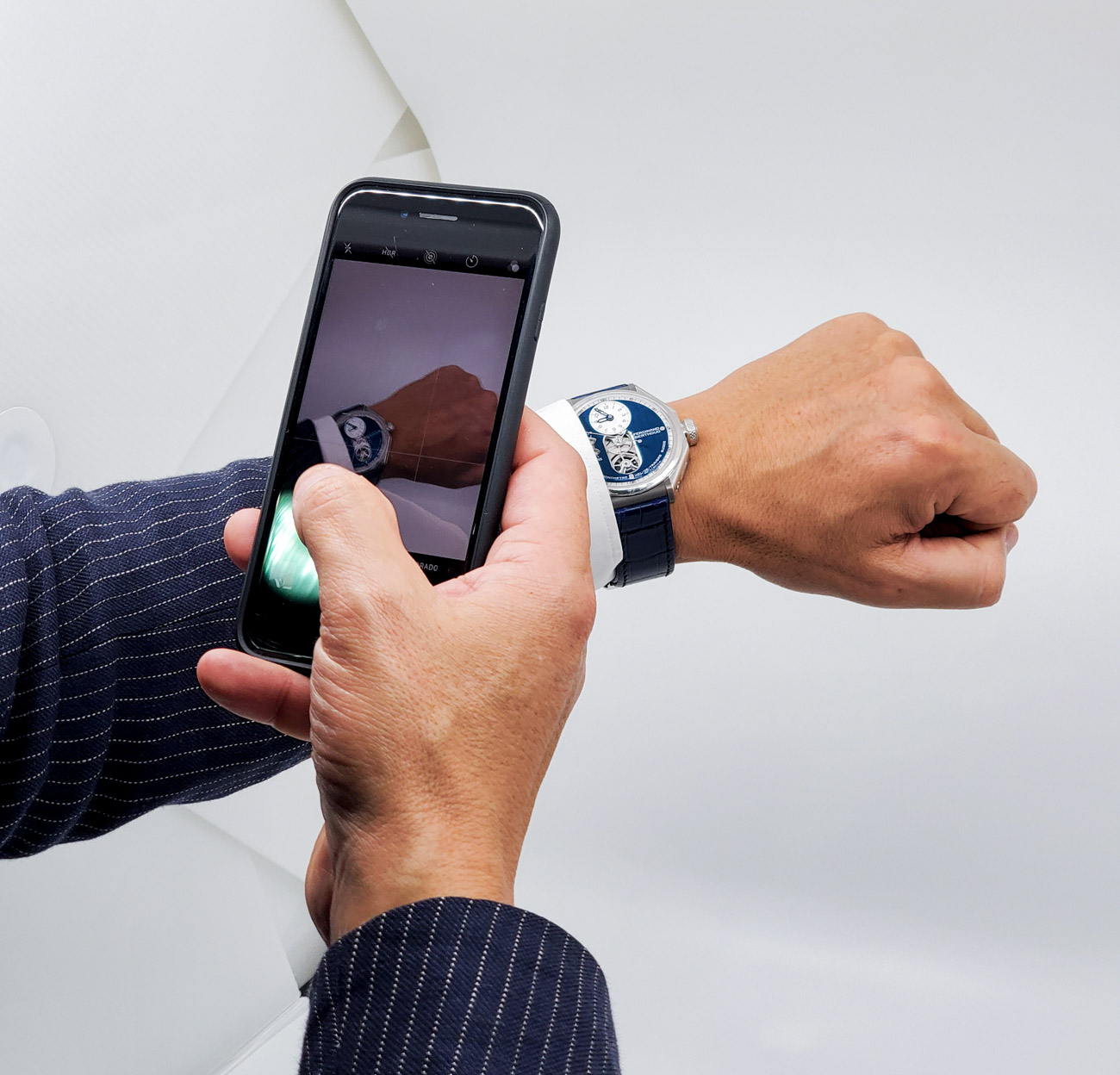
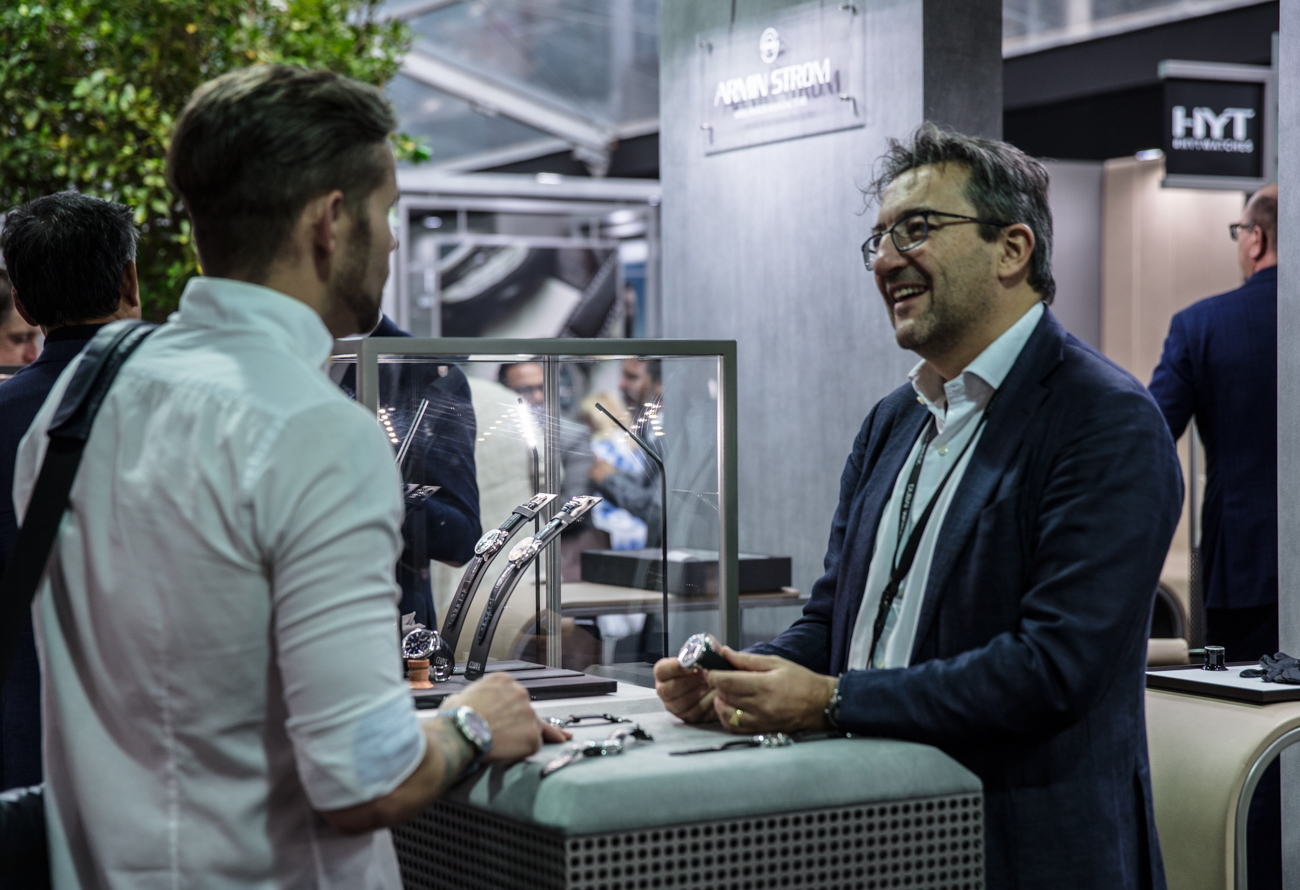
What everyone at Dubai Watch Week 2019 agreed upon is that a healthy watch industry involves consumers who want and like what they are purchasing are the best types of consumers for long-term industry health. Earning more consumers like that requires large investments of time, human resources, and marketing dollars to educating consumers around the world about how to understand and appreciate fine watches.
This responsibility begins with retailers and brands that have the most vested interests in ongoing watch sales. Entities such as professional watch media and other opinion leaders tend to do a far better job of educating and informing likely watch consumers than general mainstream or popular media. Even if a brand markets to the general public, doing so without creating an active fan base of watch enthusiasts will lead to demand problems.
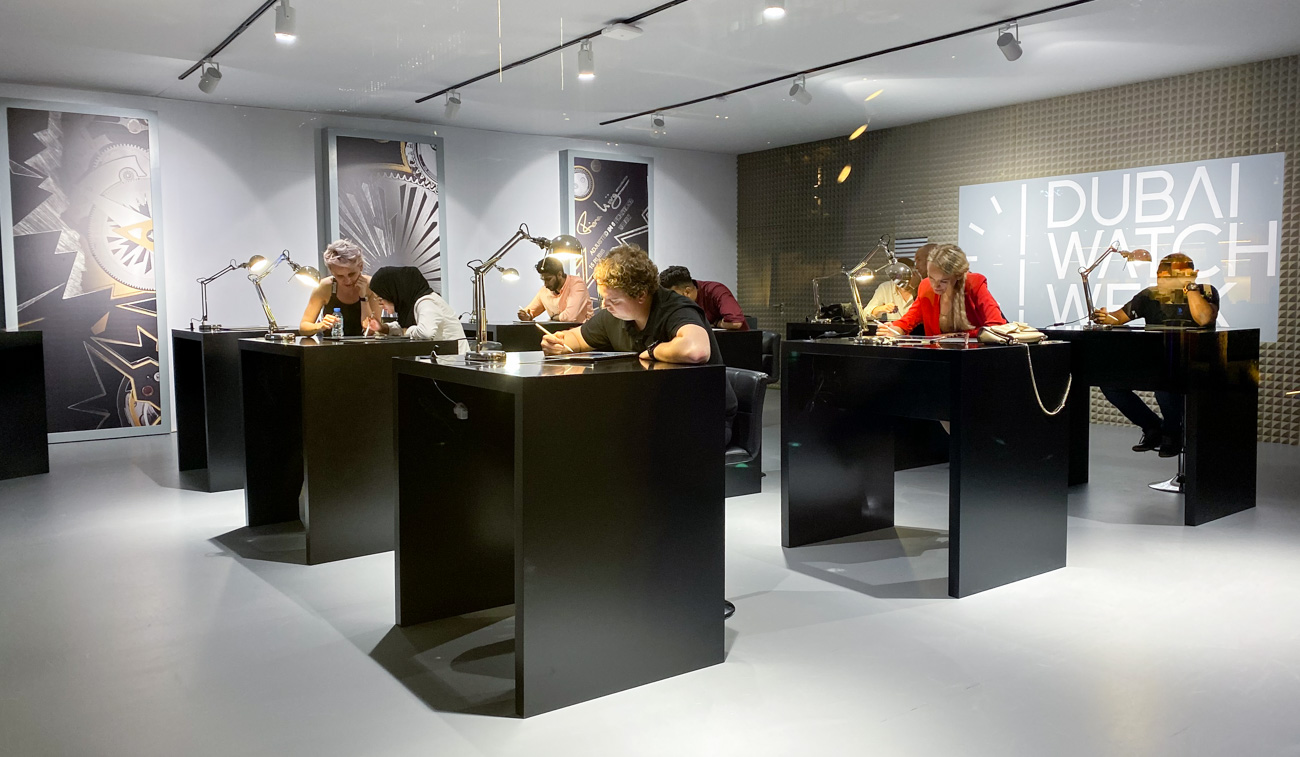
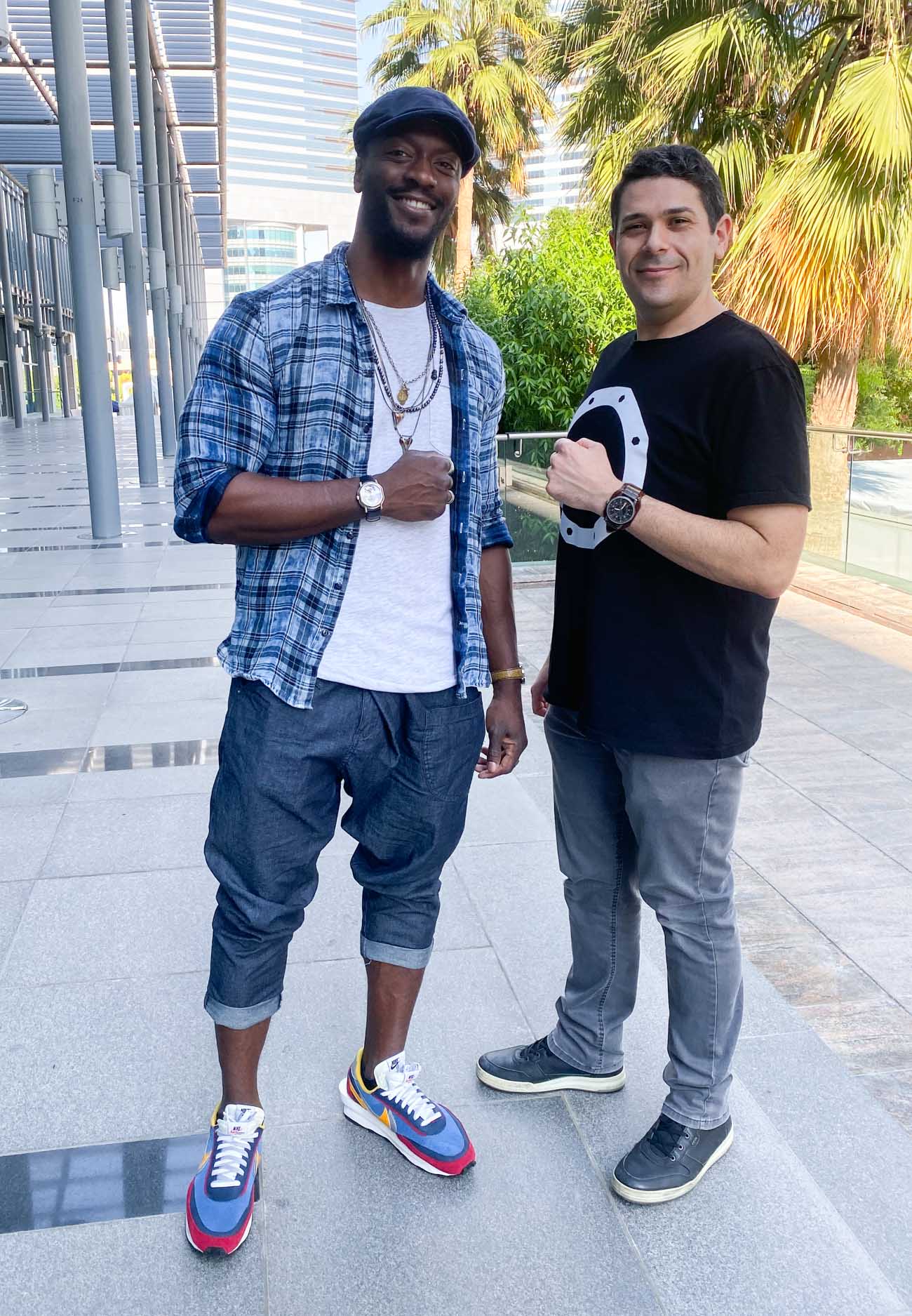
Perhaps Jean-Claude Biver summed it up best. The marketing genius and former head of watchmaking at LMVH spoke to a packed room at Dubai Watch Week 2019 for an entire hour. He reminded everyone that the appeal of mechanical wristwatches isn’t going anywhere and that assuming the watch industry is organized enough, it could benefit from ongoing consumer interest for the foreseeable future. Biver scolded technocrats and other bean-counters at corporate-run luxury watch brands for systematically destroying the creative engines that are required for luxury watch brand success in today’s times. Biver then reminded people that “passion,” and perhaps passion alone, is the solution. People who are passionate about watches, passionate about watch education and communication, and passionate about sharing passion for watches are the engines of progress that will keep the luxury watch industry going strong. With Biver giving consensus not only to the problems this industry is facing but also some of the solutions, the route of “passion” has more than a fighting chance, pending decisions made in the next few years by watch brand managers. To accept all the risks that come with that, Mr. Biver speaks for everyone in encouraging the industry to have “courage.”
Dubai Watch Week will reveal plans for subsequent editions soon, as well as details about where the traveling Horology Forum will head next.







